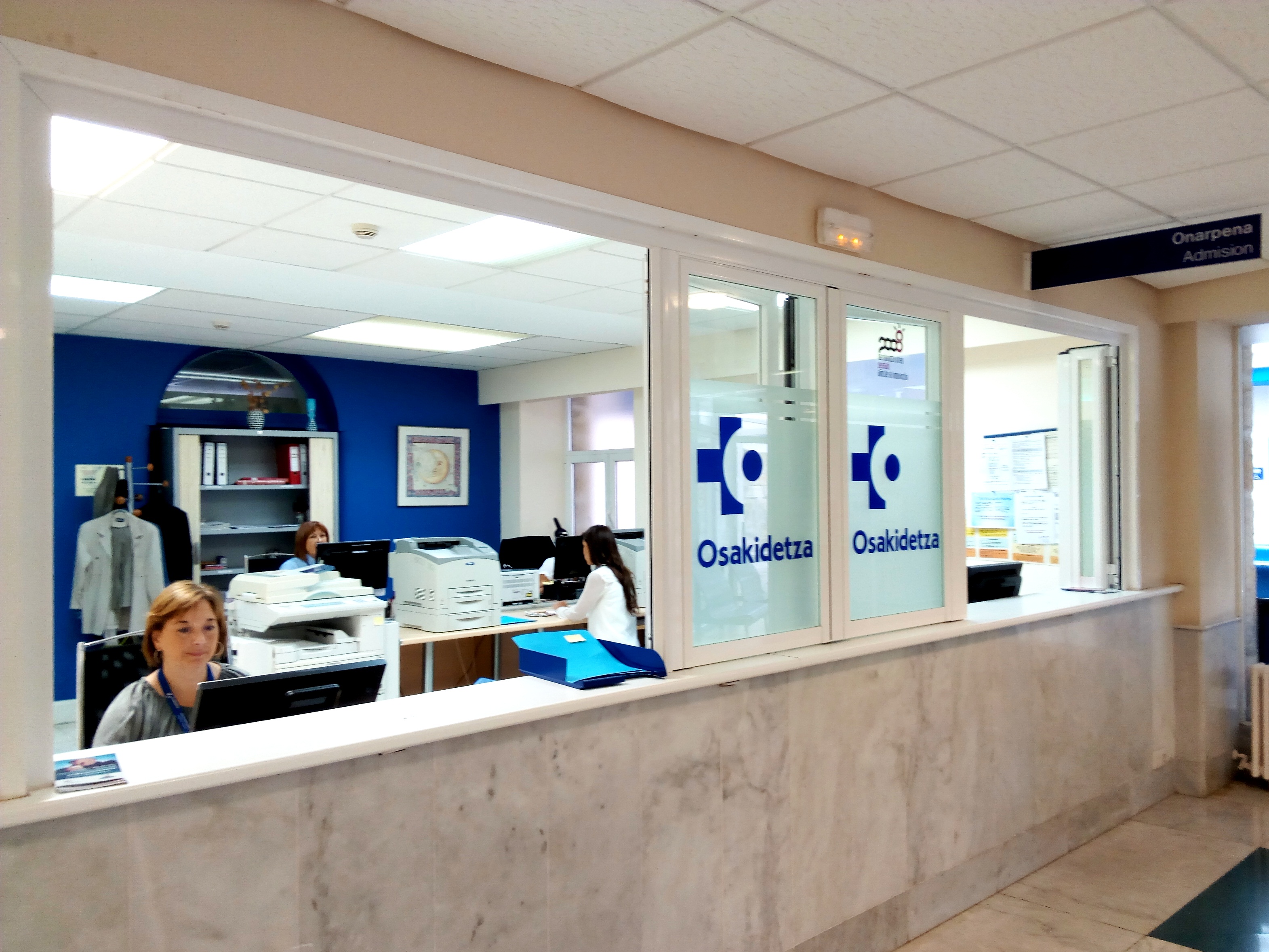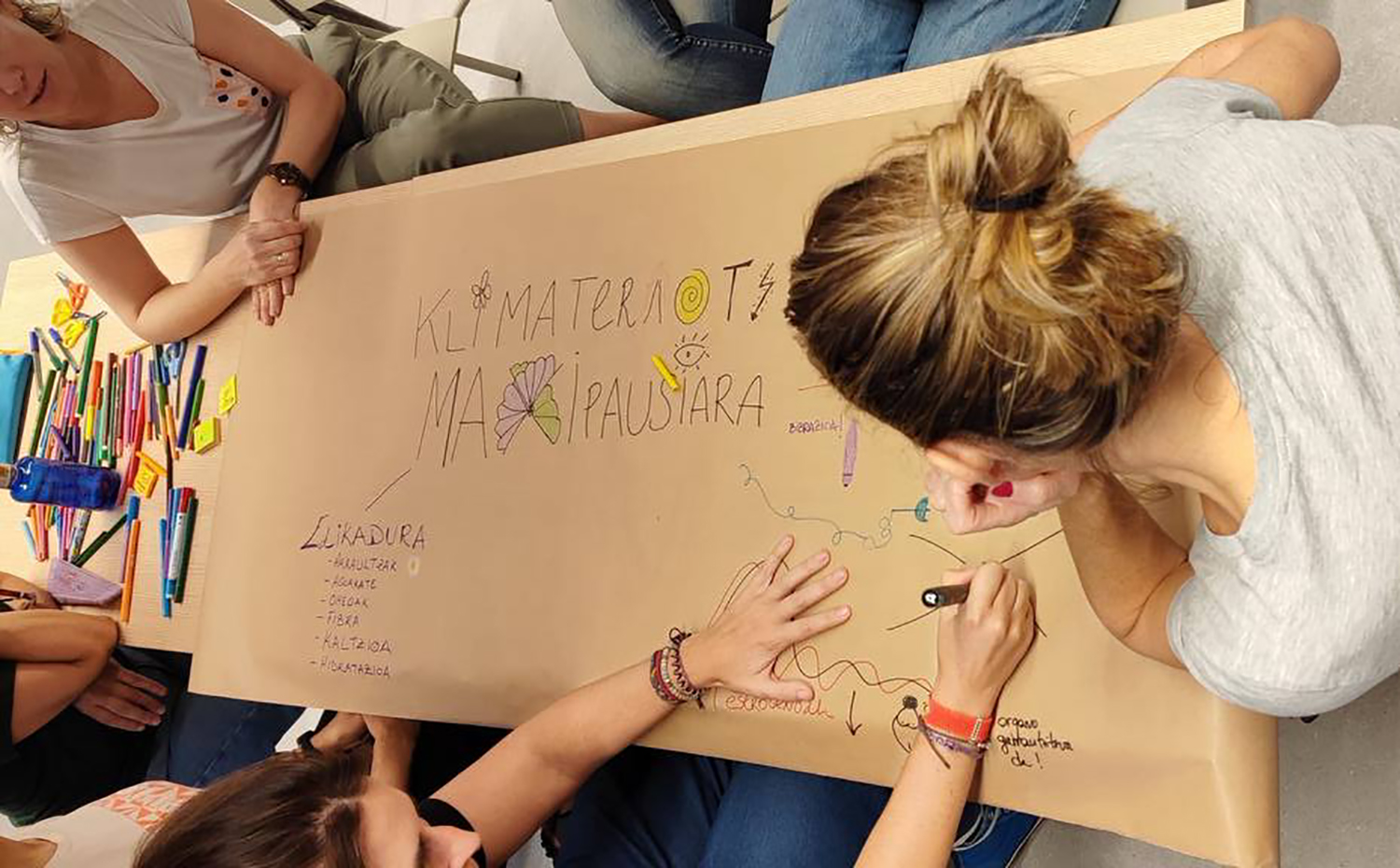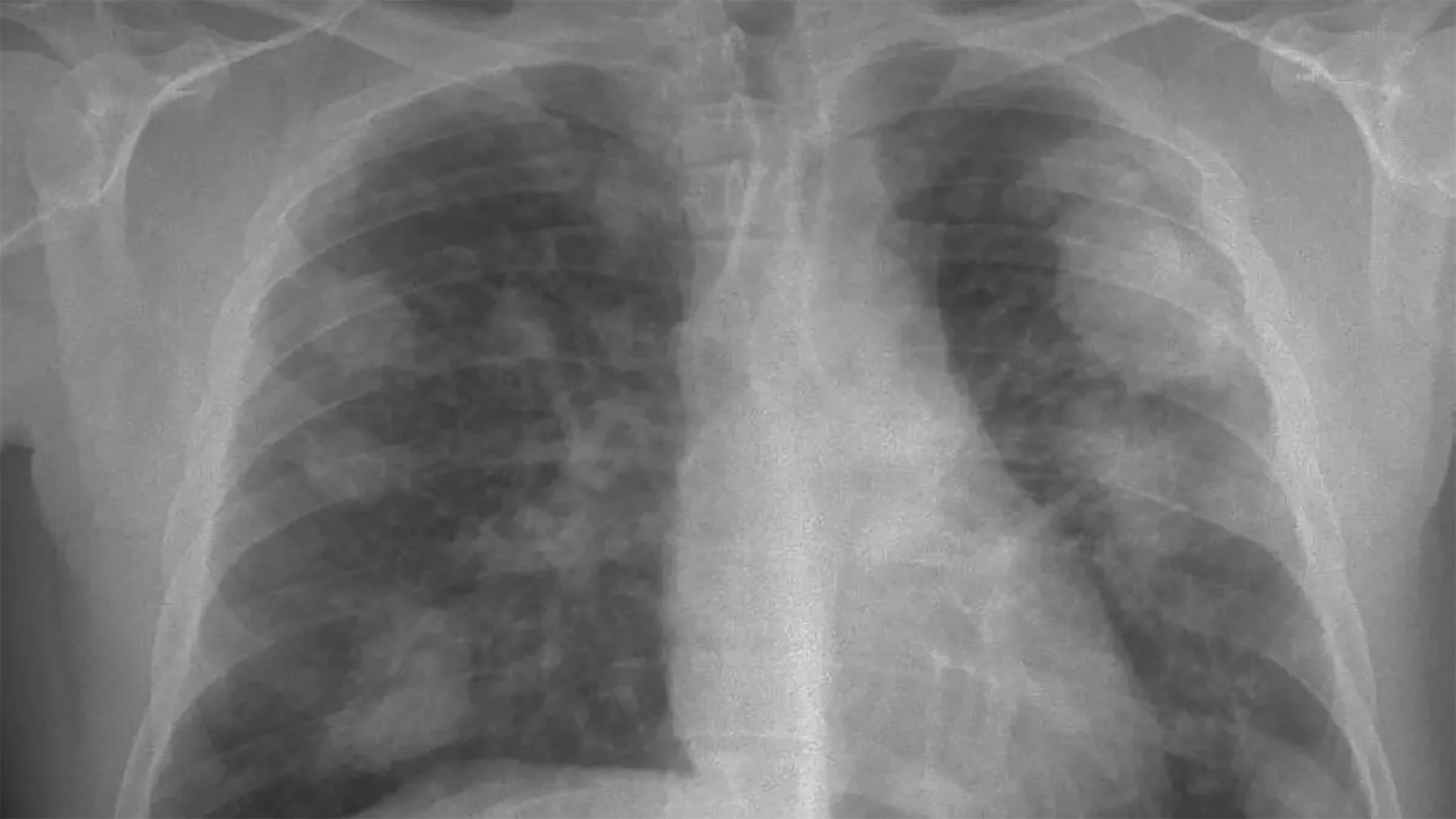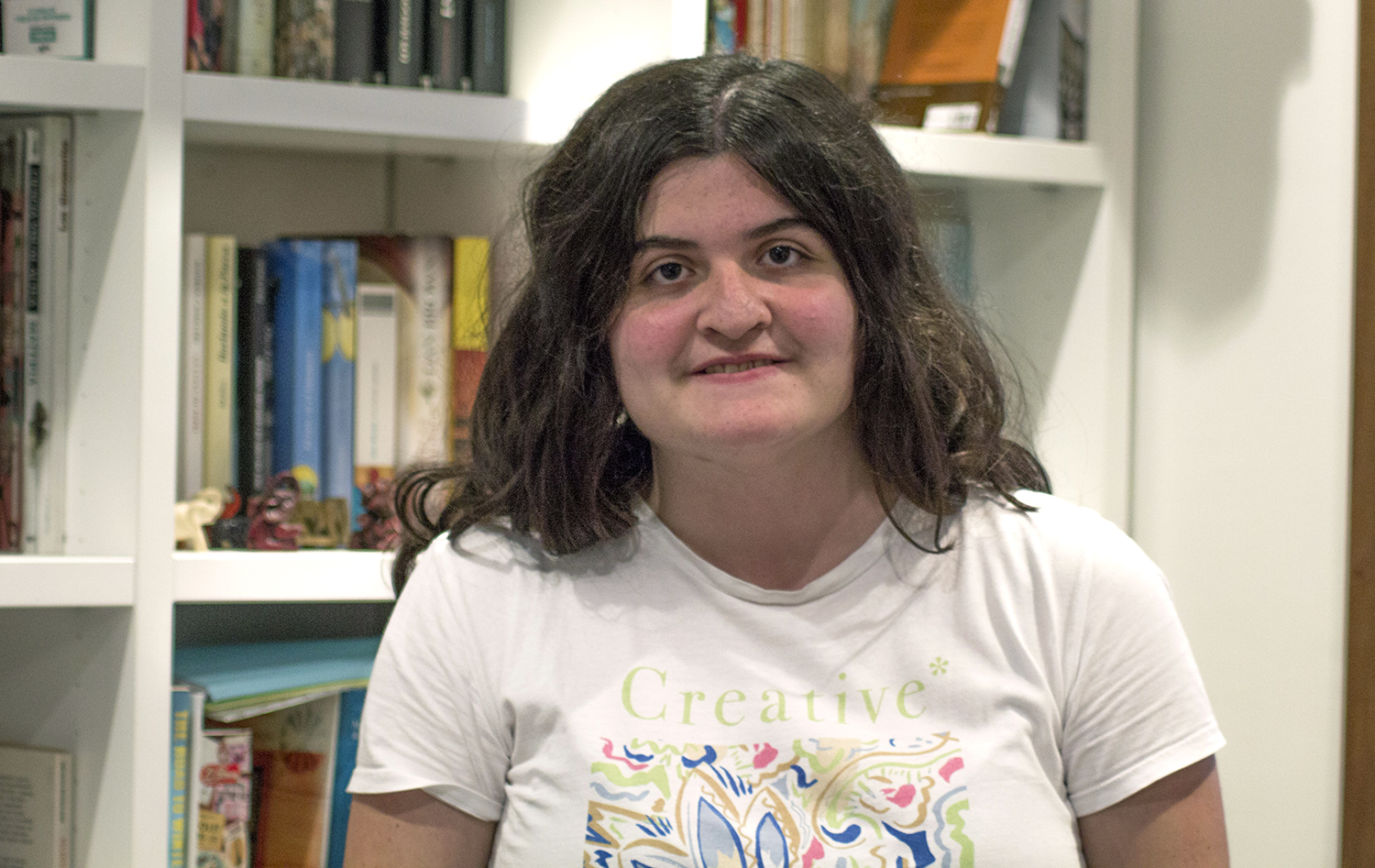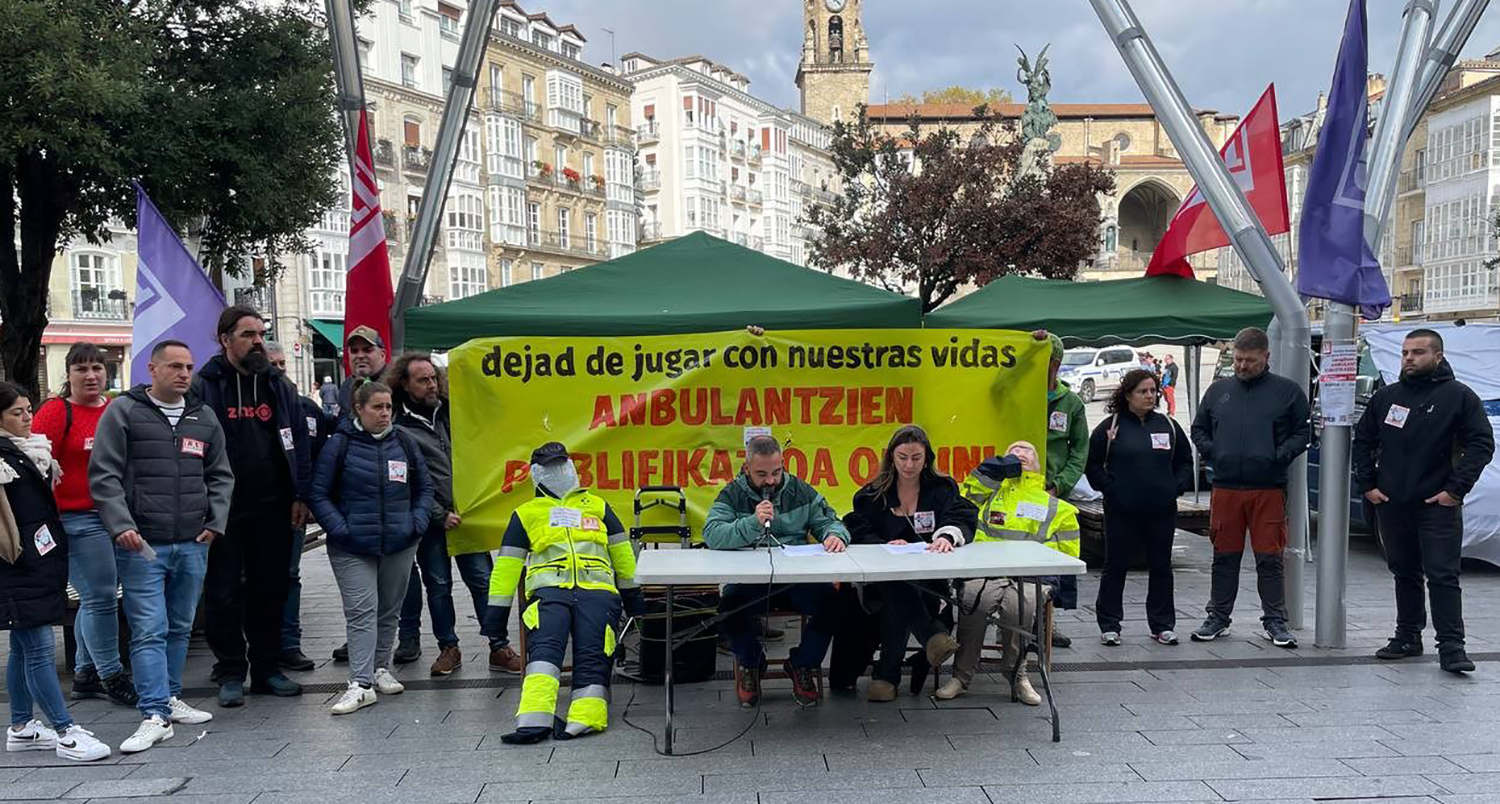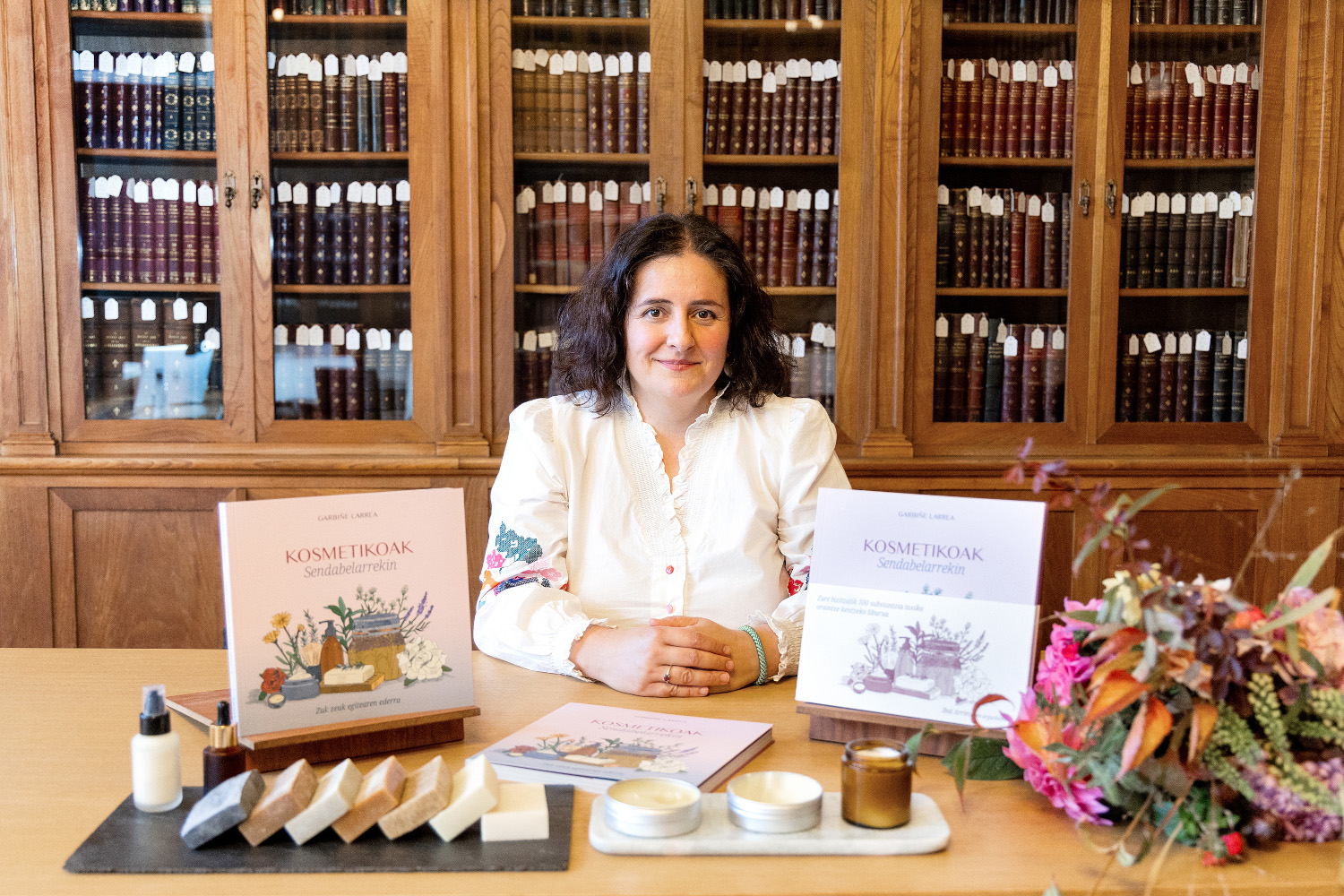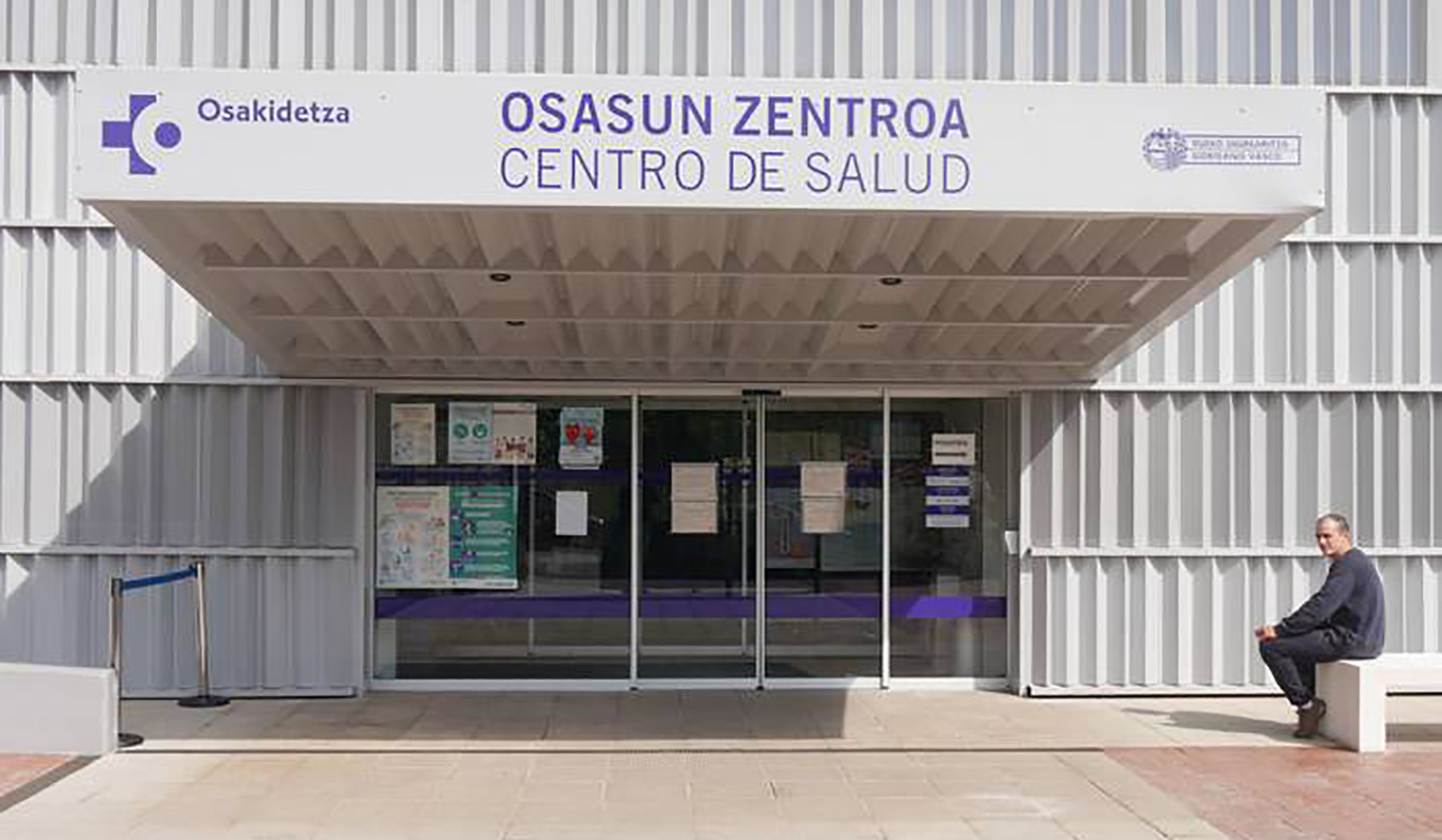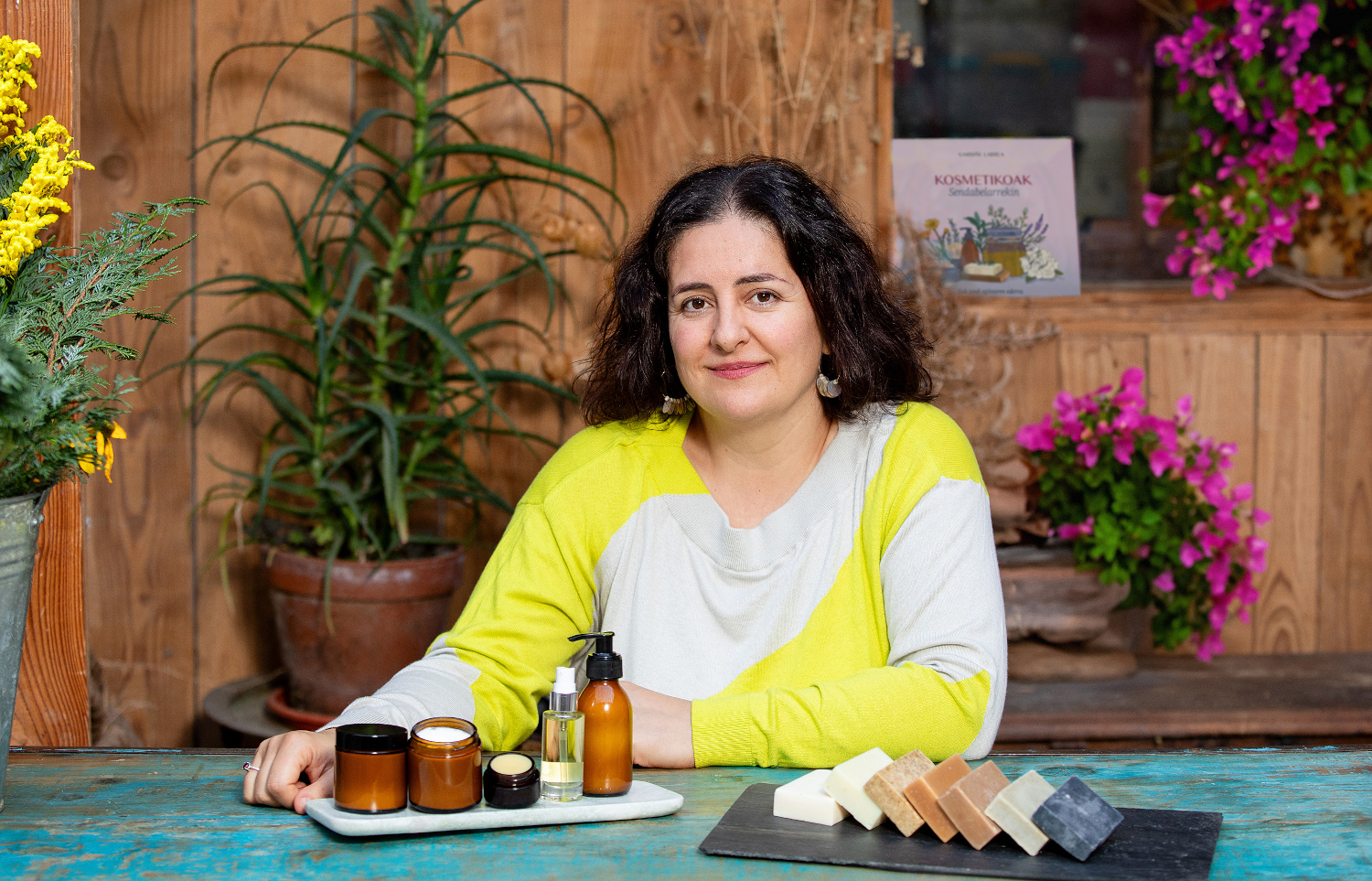"Since dentistry is especially private, conflicts of interest arise"
- Esther Sainz is the Chief of Oral Health of Osasunbidea, stresses the importance of prevention and speaks of its limitations in public care.

Dr. Esther Sainz explains the existing offer in the public oral health system. He is the Chief of Oral Health of Osasunbidea and among the projects managed by the Government of Navarra the importance of the Padi service is emphasized: “Prevention is very important because if children learn from a young age, when they are adults, they will have fewer oral and dental health problems.”
The Padi project started in Navarre in 1991 and is aimed at children and young people between 6 and 15 years old. The aim is to take preventive measures and to work on awareness. “The important thing is to show health habits and take preventive measures since childhood, since in this way they internalize the importance of dental care,” explains Sainz. To this end, he stressed the importance of good dental hygiene and good nutrition: “Sweets should be consumed in moderation and then teeth should be washed, and it is important not to eat between meals.”
In addition to prevention, most of the service provided in this age group is free of charge. Therefore, the public health system includes periodic check-ups, dental emergency care, caries treatment when they are not milk teeth and mouth washes, among others. “Except for care related to orthodontics and maintenance treatments for milk teeth, everything is free,” he said.
In addition to the public child service, there are other measures for young people and adults over 16 years of age, although Sainz points out that it is “very privatized” and that “few things are free”: “Only reviews, muco-membrane injuries and edentulous interventions are included”.
The remaining care is provided in private clinics: “Dentistry is especially private and generates conflicts of interest.” He adds that the budget is “scarce” and that “impossible” to deal with the whole offer and compete with the private system.
It also stresses that “scarce resources” influence the waiting list: “The waiting list for routine things is a week, but the operations are very long.” They have fifteen minutes for regular accounts with each user and say it is “enough” to offer good service. Interventions require more than an hour: “Being another rhythm of work, it influences the waiting list.” However, he points out that in general the service is “good”.








